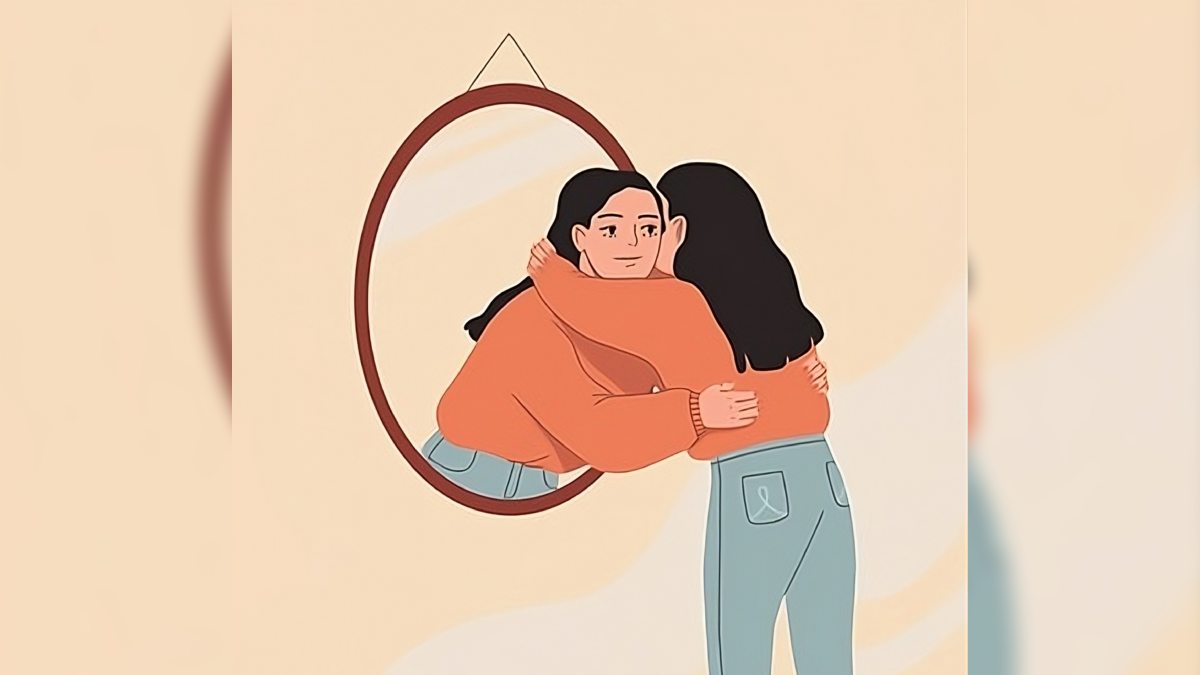An increasing number of Filipinos are choosing to remain single or postpone entering into relationships. What are the underlying reasons for this trend, and is it feasible to find fulfillment while living independently?
In Atom Araullo’s documentary “Relationship Status: Single,” Shirleen Velasco, a 28-year-old entrepreneur, is featured as an “NBSB” or “no boyfriend since birth.”
Velasco launched her ribbon printing business in 2020 with a modest investment of P6,000. Today, her company boasts a monthly income in the six figures.
As a single woman, Velasco faces societal pressure to find a partner from her acquaintances.
“During family gatherings, they often inquire, ‘Why haven’t you introduced anyone yet?’ Given my age, they perceive it as the ideal time to marry. My friends, whenever we meet up, I’m the only one without a child,” Velasco shared.
“In response, I pose a question back to them. If given the choice: Money or a boyfriend? What would you choose, sir? Most of them opt for money. Similarly, for now, I would choose money too,” Velasco added.
Velasco considers it “toxic behavior” for some individuals to impose the expectation of seeking or having a romantic partner.
“Usually, those who express such sentiments are older. Their concept of womanhood revolves around becoming a mother, getting married, and so forth. It’s as if they’re projecting that stereotype onto me. However, it’s already 2024, and I’ve formulated my own definition of womanhood. To me, it entails success, happiness. I’m content being on my own,” Velasco remarked.
Dr. Juan Antonio Perez, former Executive Director of the Commission on Population and Development, has observed a societal shift in attitudes toward relationships.
“I believe people are increasingly comfortable with being single, forming families without marriage, or engaging in relationships that may not culminate in marriage but rather lead to other outcomes. The majority of families now fall under the category of ‘families in union,’ as opposed to being legally married. This shift is largely influenced by economic factors,” he explained.
Despite data indicating a trend toward later marriage, there remain individuals who choose to enter into relationships and marry at a young age.
Third Macapagal was 20 years old when he tied the knot with his childhood sweetheart, Robie Revis-Macapagal, who was 19 at the time.
“Both our parents supported our decision to marry,” Robie shared.
“I love her. Moreover, when we had a child, my love for her deepened, grew stronger,” Third expressed.
Although they have been married for four years, their relationship spans a decade.
Third and Robie continue to cherish each other’s company.
“The joy, contentment,” Robie reflected on their relationship.
“Perhaps the advantage [of marrying early] is that you won’t experience prolonged separation, you’ll always be together. On the other hand, the disadvantage, in my view, is the potential financial strain if one is not yet stable,” Robie acknowledged.
Given the chance, Third and Robie affirmed that they would still choose to marry.
“Even in the next life, that remains my decision,” Robie affirmed.
According to data from the Philippine Statistics Authority, there are 34.2 million single individuals in the country.
This figure encompasses those who have never married, those who are not yet married, and those who are in relationships but have not formalized their unions.
The question remains: Is it possible to find happiness while living independently?






